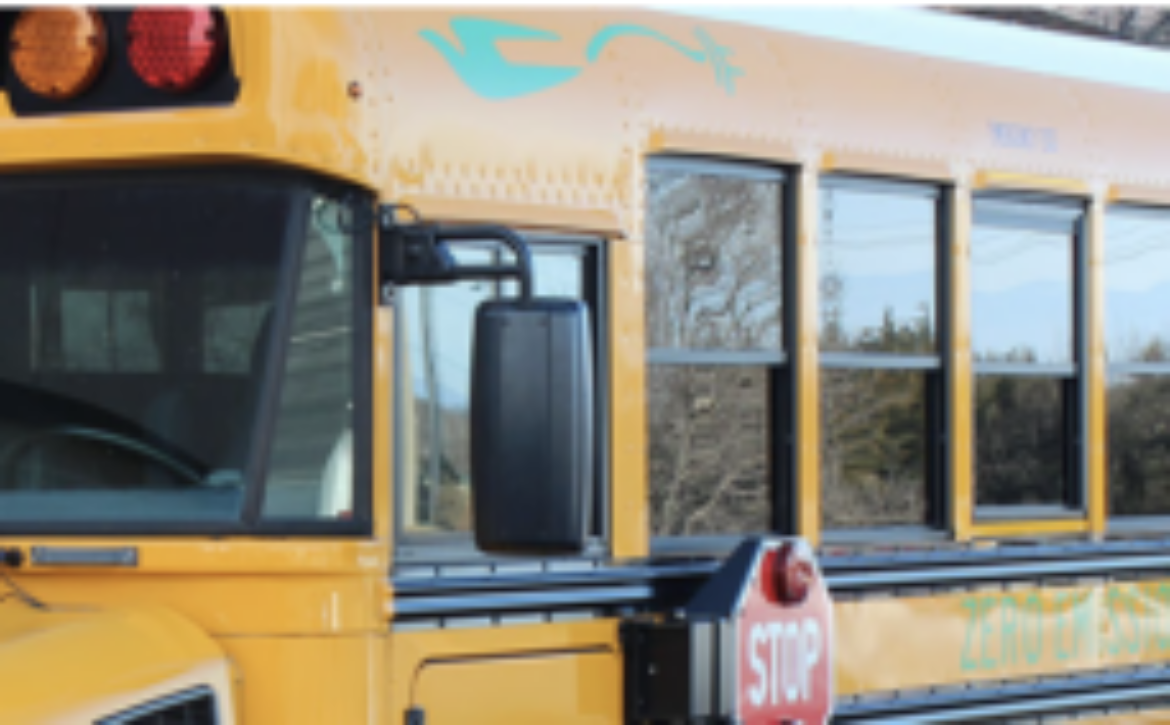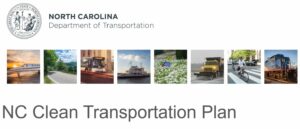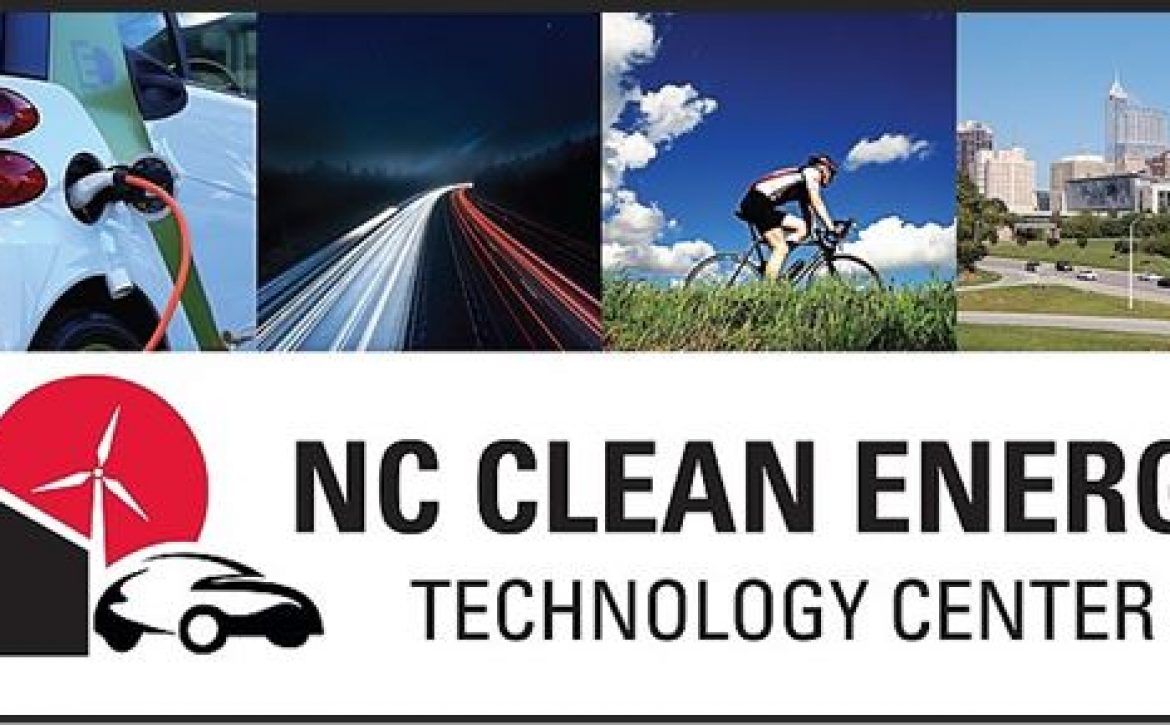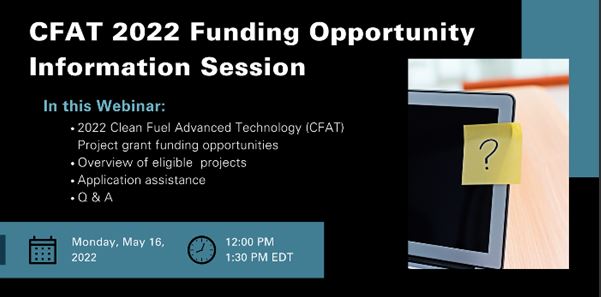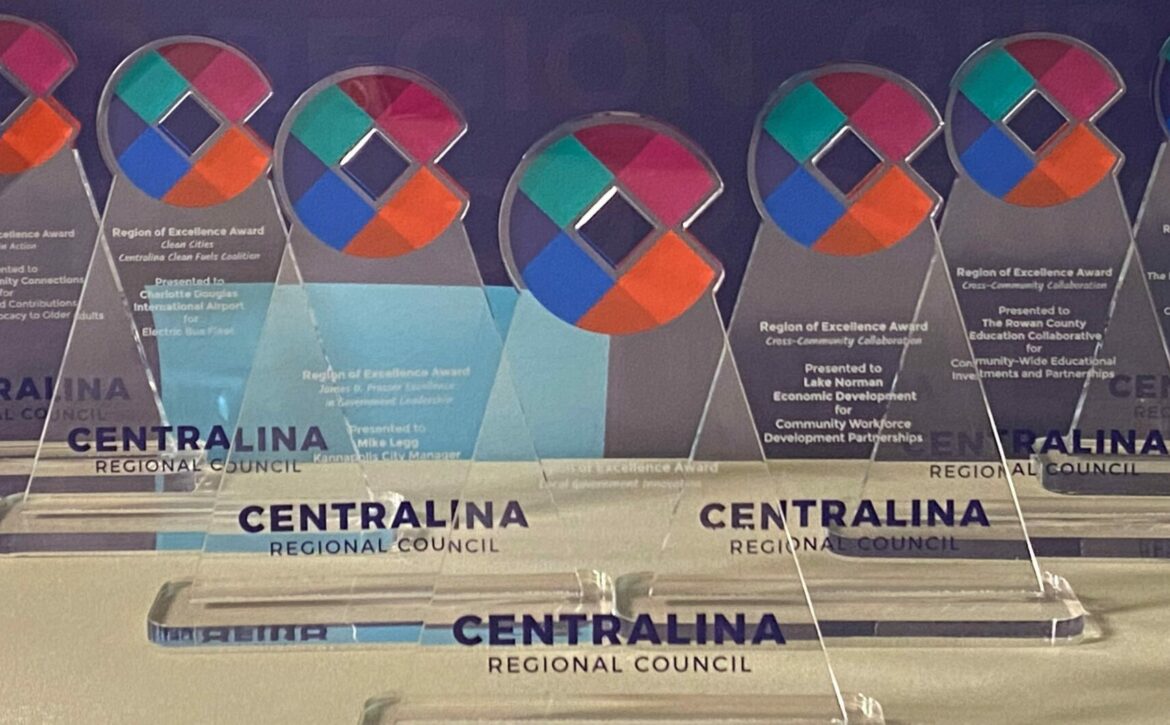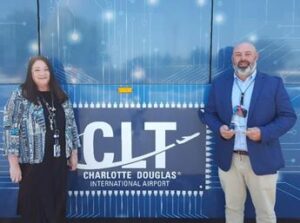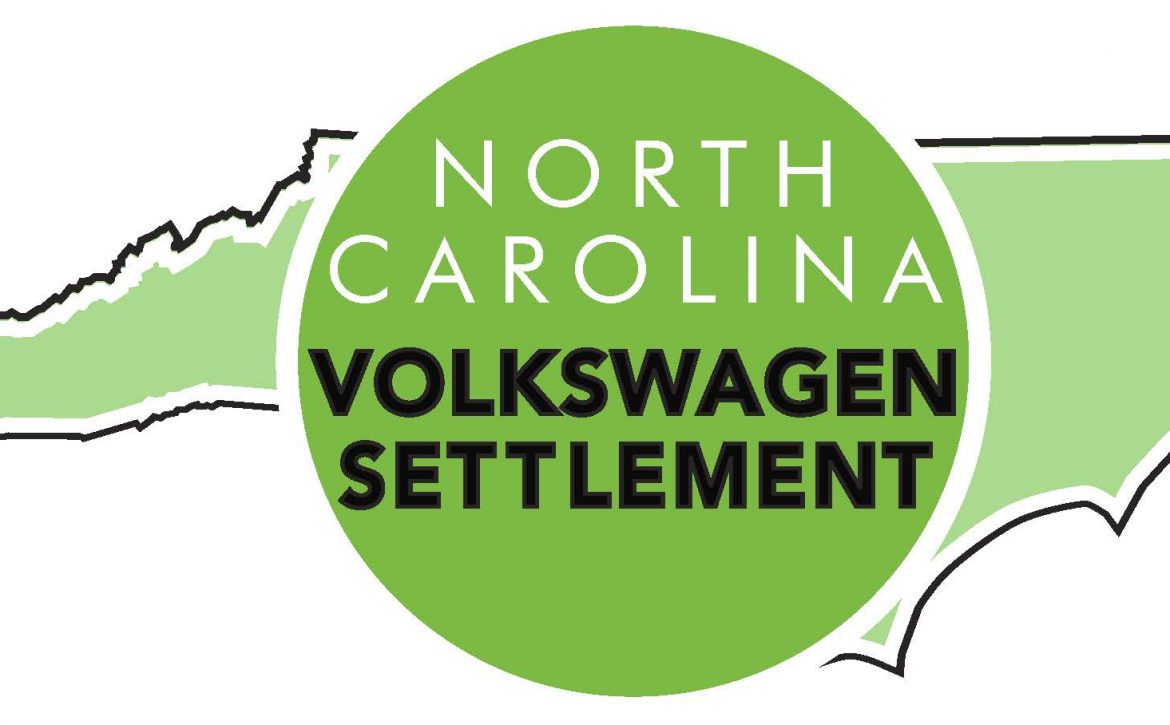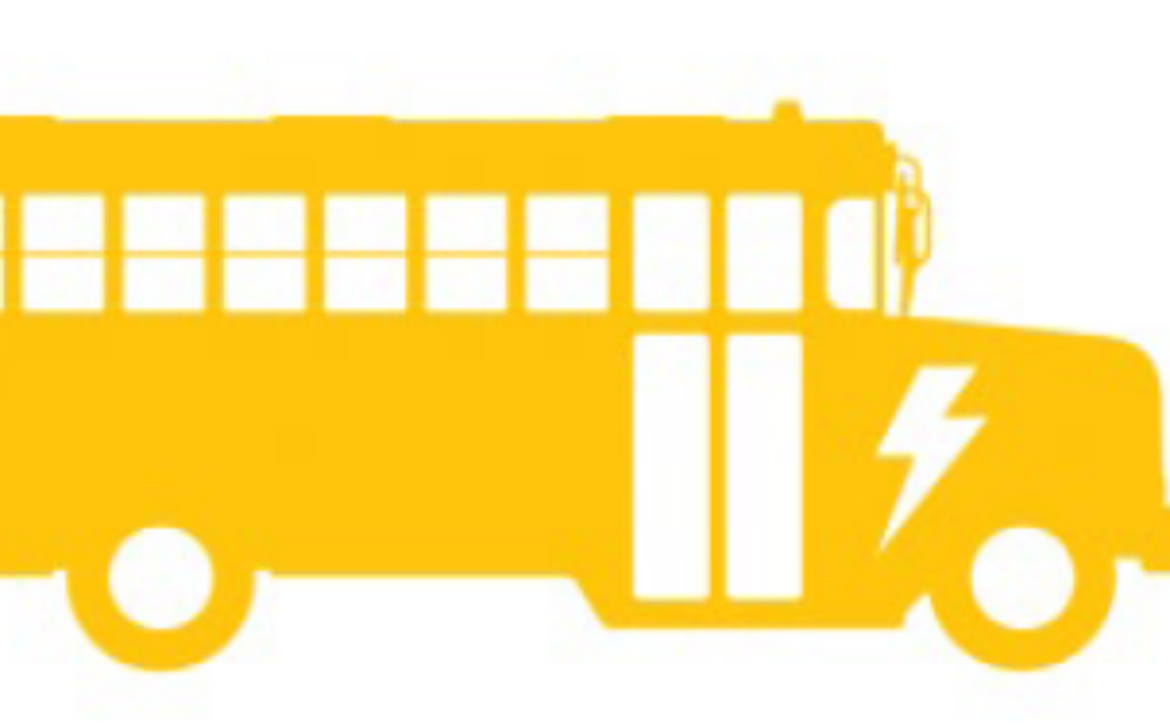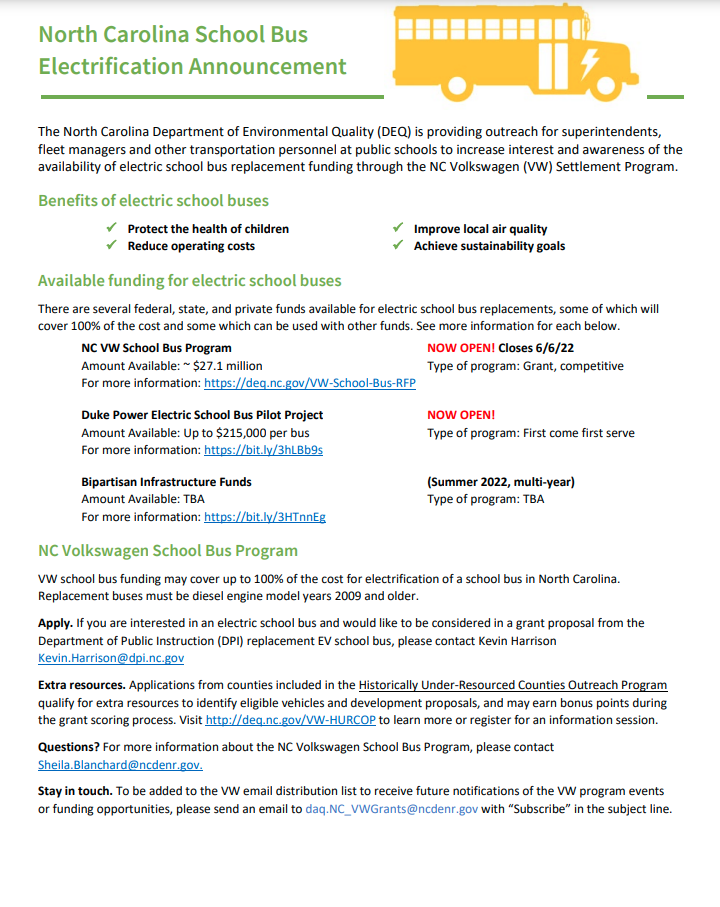EVs for Equity Event
Living near highways, traffic, and other sources of harmful air emissions disproportionately affects historically overburdened communities and results in worse health outcomes such as asthma, cardiovascular disease, heart disease, and much more. Getting more electric vehicles on the road in and around these communities presents the opportunity to improve health outcomes by reducing emissions.
While the Historic West End has a gas station just around nearly every corner, there are only two charging stations in the community. By working with The City of Charlotte, UNCC EPIC, Centralina Regional Council, and others, the Historic West End is beginning to equip itself with more EV infrastructure to enjoy the economic, health, and sustainable benefits EVs bring. The recent PoleVolt Project has encouraged drivers, local businesses and governments to embrace EVs and the benefits they bring.
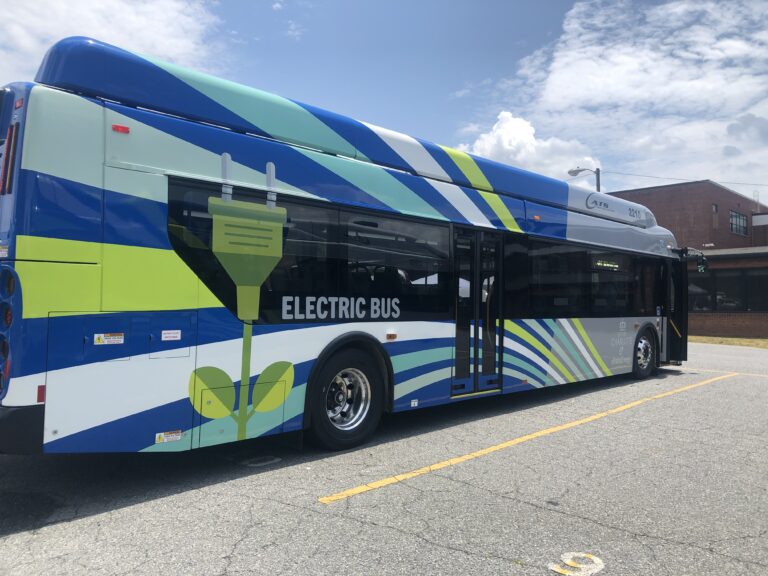
CleanAIRE NC, Historic West End Green District, the Centralina Clean Fuels Coalition and PoleVolt project partners Duke Energy, City of Charlotte and UNC Charlotte recently hosted an EVs for Equity event that allowed residents to come out and learn about sustainable transportation and local electrification efforts. The event showed off various passenger EVs and gave drivers an opportunity to discuss their experience driving EVs. Additionally, the event included two models of the new EV bus provided by the Charlotte Area Transportation System (CATS) which will be used on routes in the Historic West End. Deploying EV buses in the Historic West End and other communities, while electrifying bus fleets in general represents a huge impact on fighting climate change and mitigating air pollution. This July there will be a Clean Air Advocacy Training event that will aim to increase understanding of air pollution in the Historic West End and explore opportunities for residents to engage in solutions that improve air quality in the community.
The electric surge is coming and with gas prices and inflation increasing, there has never been a better time to equip our communities, businesses, and fleets with sustainable transportation and other vehicle options to improve our states overall economy, health, and sustainability.
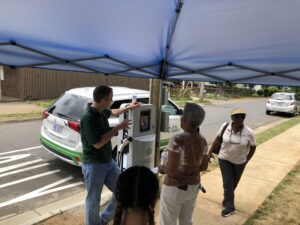
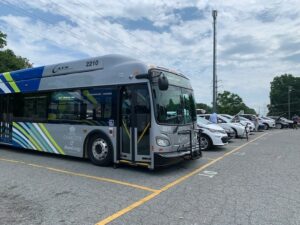
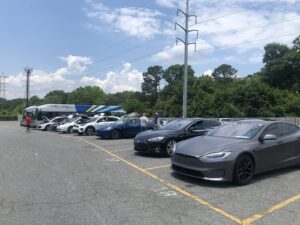
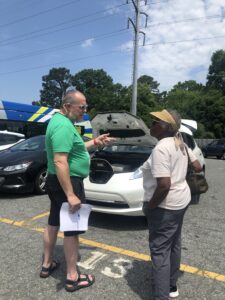
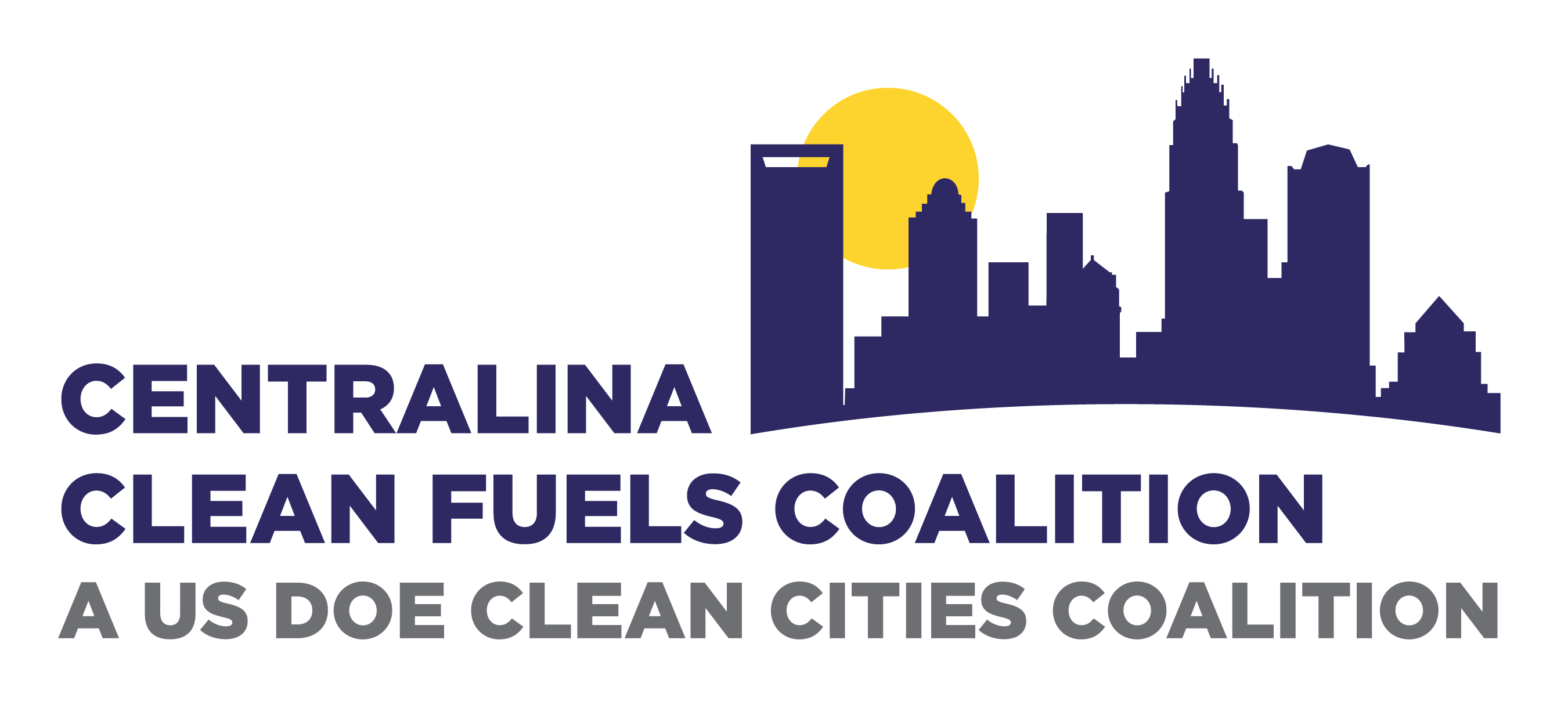
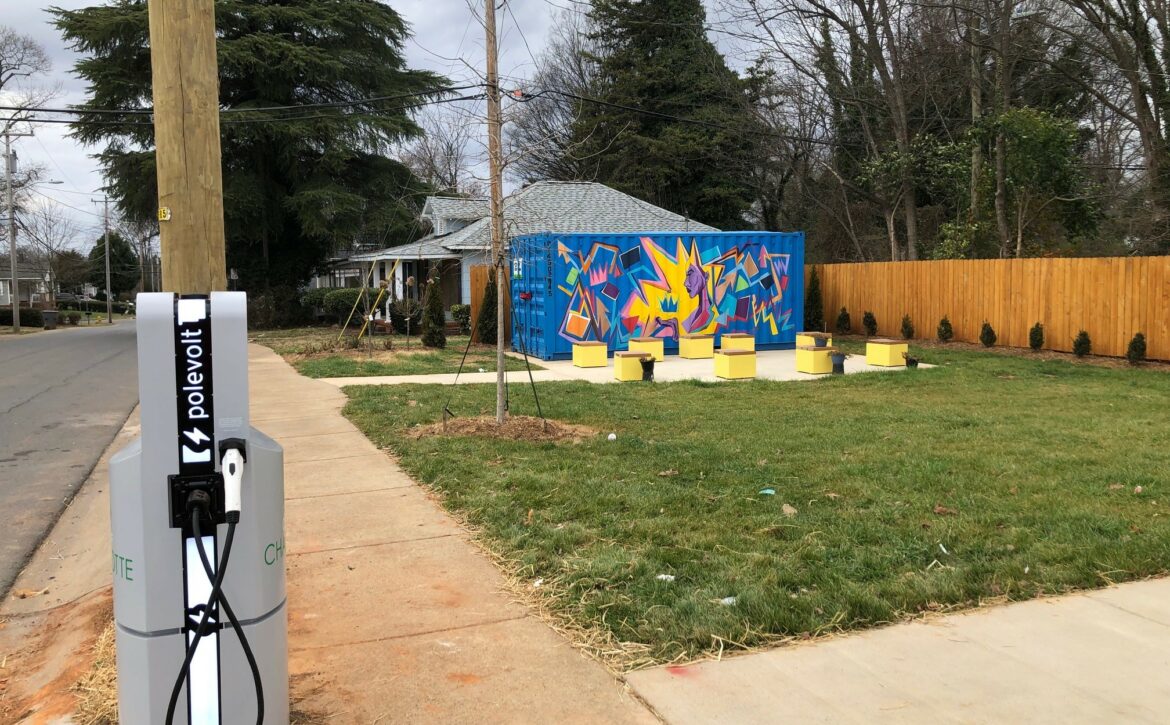
 The National Electric Vehicle Infrastructure Formula Program (“NEVI Formula”) was created to provide funding to States to strategically deploy electric vehicle (EV) charging infrastructure and to establish an interconnected network to facilitate data collection, access, and reliability. Providing nearly $5 billion over 5 years ending in 2027, the NEVI Formula provides funds to build out alternative fuel corridors.
The National Electric Vehicle Infrastructure Formula Program (“NEVI Formula”) was created to provide funding to States to strategically deploy electric vehicle (EV) charging infrastructure and to establish an interconnected network to facilitate data collection, access, and reliability. Providing nearly $5 billion over 5 years ending in 2027, the NEVI Formula provides funds to build out alternative fuel corridors. Funding is available for installation of network-connected public chargers, or non-public chargers that serve more than one company. Operation and maintenance of the charging system as well as additions that lead to overall lower construction and operating costs are also considered eligible costs to be funded by NEVI Formula funds.
Funding is available for installation of network-connected public chargers, or non-public chargers that serve more than one company. Operation and maintenance of the charging system as well as additions that lead to overall lower construction and operating costs are also considered eligible costs to be funded by NEVI Formula funds.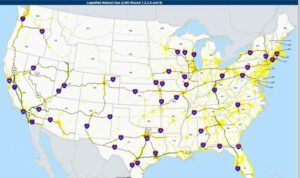
 For additional information or questions, please contact Megan Upchurch, Regional Planner at
For additional information or questions, please contact Megan Upchurch, Regional Planner at 